Applications for new businesses have increased over the past year. This is good news, as small businesses drive our economies and bring growth to our communities. But starting a new business isn’t an easy road—22% of small businesses fail within the first year, and 50% fail within the first five years. And with so many small businesses failing, there’s a lot of advice out there targeted for new business owners—but let’s address some of this small business advice, and what may not be the best guidance to follow. We refer to these as the myths of small business success.
Myth 1 – You need to have the best product on the market to be successful
You don’t need to have the perfect product to be successful. Don’t get us wrong, you need a good product, but people often waste a lot of time and effort trying to perfect their product. Many hold back and avoid launching in the marketplace, waiting for perfection. The reality is if you have a good product and are clear about how it helps your customers, it’s best to get it out there before it is perfect. Use that time to test and then refine. Get feedback from people and then incrementally improve it.
Myth 2 – All you need is more sales
Many small business owners believe if you just sell more, it will answer all your problems, especially from a financial perspective. The reality is you can increase your sales, but if they’re not profitable, you will burn yourself out and run out of money. Selling more is a bonus, but you must make sure those sales are profitable. To do this, you need to understand your margin. Know your cost and what you should be selling your product for. This revenue minus your cost is your margin. You need to have a profitable margin to make the larger sales volume worth it.
Myth 3 – Planning/forecasting is a waste of time
We already identified that you don’t need to wait for perfection to begin, but you do need a plan! When things are new, and there is a lot of uncertainty around what’s going to work, people tend to think it’s not worth their time to create a plan, a budget, or a forecast. This is especially true when they don’t know what to put into their assumptions. But you must start somewhere, so make some assumptions, then create a plan.
Then you have a baseline of expectations, so as things happen, you have a point of reference to refine. Resist that initial temptation to say, “I don’t know what to expect, so I’m not going to create a plan.” Create that plan, so you have something to work towards in making that baseline of expectations come true! Knowing that expectation and your level of profitability so that you have a good margin is critical to avoid business failure due to poor financial management.
It is the perfect time to start a business because there is so much disruption in how customers consume products and services. If you have an idea to do it better or in a new delivery method, this is a great time to get started. Use this opportunity to get out there and try something new. The failure rates are high, so be intentional and have that plan. At Forge, we can help you if you are thinking of starting a new business. Check out forgeahead.com for additional information about our services, including financial planning and forecasting.
ABOUT THE AUTHOR
Courtney De Ronde
Relevant Posts
Learn What Your Business Needs Most to Unlock Faster Growth
Your business relies on four key areas, or centers of intelligence, to thrive. Take the free Business Intelligence Grader to see how you score across financial, leadership, productivity, and human intelligence and learn where to focus to drive greater results.
Your business relies on four key areas, or centers of intelligence, to thrive. Take the free Business Intelligence Grader to see how you score across financial, leadership, productivity, and human intelligence and learn where to focus to drive greater results.



